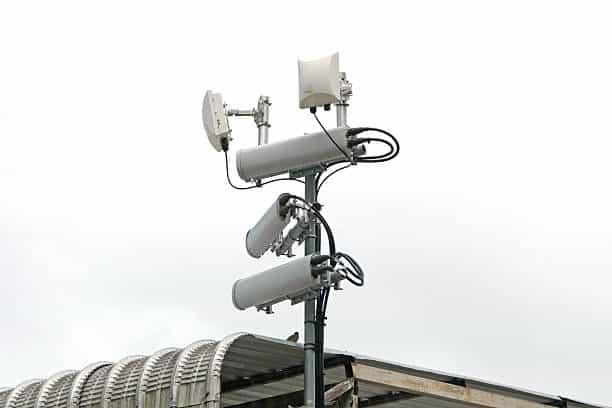Signal boosters, also known as cell phone signal boosters or amplifiers, are devices designed to improve the quality and strength of cellular signals. They can be particularly useful in areas with weak or poor cell reception. Here are some benefits of using signal boosters:
Improved call quality:
Signal boosters enhance the strength and clarity of cellular signals, reducing dropped calls and minimizing call distortion, allowing for better call quality.
Enhanced data speeds:
With a stronger signal, your data transfer speeds can increase significantly. This means faster internet browsing, smoother video streaming, and quicker downloads/uploads on your mobile device.
Extended coverage area
: Signal boosters can extend the coverage area of a cellular network, making it possible to get a signal in areas where it was previously weak or non-existent, such as rural locations or buildings with poor reception.
Better battery life: When your device has to work harder to find and maintain a weak signal, it can drain your battery more quickly. A signal booster can help your phone maintain a stronger connection, potentially leading to longer battery life.

Reduced radiation exposure:
In areas with weak signals, your phone will often emit more radiation as it searches for a signal. A signal booster can help reduce this, as your phone won't need to work as hard to connect to the nearest tower.
Business productivity:
In commercial settings, signal boosters can significantly improve communication within the organization. This can be especially important for businesses that rely on mobile phones for their operations.
Emergency readiness: Having a strong and reliable cellular signal can be crucial during emergencies. Signal boosters can ensure that you have a reliable means of communication when you need it most.
Cost savings: By boosting your signal strength, you are less likely to incur extra charges for dropped calls or failed data transfers. Additionally, you may not need to switch to a more expensive cell plan to get better coverage.
Device compatibility: Signal boosters work with various cellular devices, including cell phones, smartphones, tablets, and mobile hotspots. They are often compatible with multiple carriers, making them a versatile solution.
Easy installation: Signal boosters are typically straightforward to install and require minimal technical expertise. Most come with installation instructions and support from the manufacturer if needed.
It's essential to note that the effectiveness of a signal booster depends on various factors, including the initial signal strength in the area and the specific booster's capabilities. Before purchasing one, it's a good idea to research different models and, if possible, consult with a professional to ensure it meets your needs. Additionally, make sure to comply with any regulatory requirements and obtain necessary approvals for using signal boosters in your area.
Certainly, here are a few more points to consider regarding the benefits of signal boosters:
Cost-effective alternative: Signal boosters are often a more cost-effective solution compared to other options for improving cellular reception, such as installing a dedicated distributed antenna system (DAS) or relying on Wi-Fi calling services.
Compatibility with multiple carriers: Many signal boosters are designed to work with multiple cellular carriers, allowing you to use the same device if you switch carriers or have multiple devices on different networks.
Customizable solutions:
Signal boosters come in various models and configurations, so you can choose one that fits your specific needs. Some are designed for use in homes, while others are more suitable for commercial buildings or vehicles.
Portable options:
There are portable signal boosters available that you can use in vehicles, RVs, boats, or while traveling. These can be a great option for maintaining connectivity on the go.
Support for multiple devices:
Signal boosters can improve the signal for multiple devices within their coverage area, making them suitable for use in homes and offices with multiple users.
Reduced frustration: Weak or unreliable cellular signals can be frustrating. Signal boosters can alleviate the frustration of missed calls, slow data speeds, and other connectivity issues, improving overall user satisfaction.
Value for remote areas:
In remote and rural locations with limited cellular coverage, signal boosters can be a lifeline, ensuring you can stay connected even when you are far from the nearest cell tower.
Enhanced customer service: Businesses in areas with poor cellular reception can use signal boosters to provide better customer service and communication, leading to increased customer satisfaction.
Regulatory compliance:
Signal boosters are subject to regulatory rules and guidelines to ensure they do not interfere with cellular networks. Using certified signal boosters helps ensure compliance with these regulations.
Eco-friendly option:
By improving the quality of existing cellular signals, signal boosters can help reduce the need for additional cell towers or infrastructure expansion, contributing to a more environmentally friendly solution for improving connectivity.
When considering a signal booster, it's important to choose a reputable manufacturer, ensure it is compliant with local regulations, and understand the coverage area it can provide. Additionally, be aware that signal boosters may not be effective in areas with no existing cellular signal at all, as they rely on amplifying and retransmitting existing signals.
